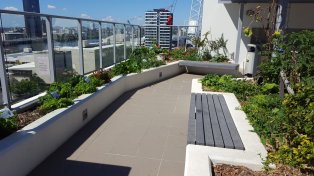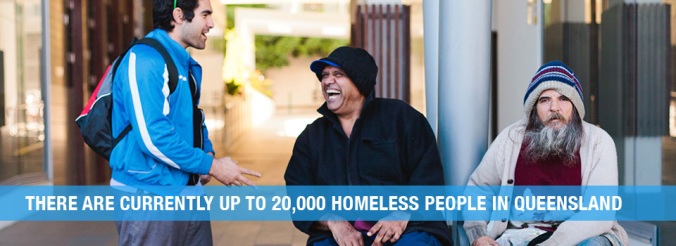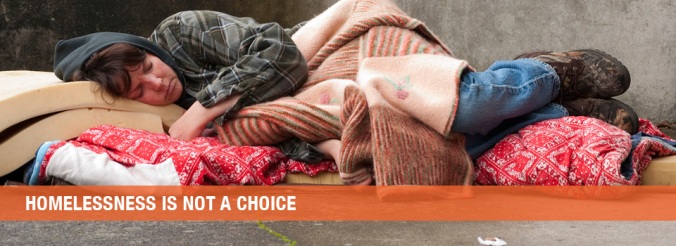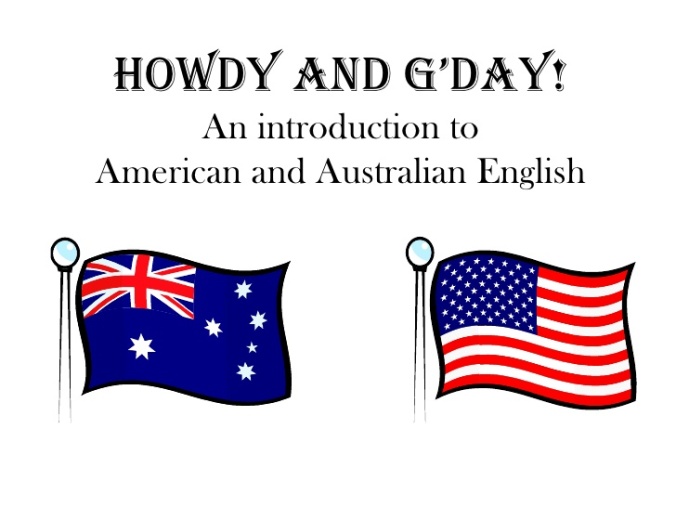As part of the program at Australia Studies Centre, students are required to complete 35 hours of volunteering at a local organization in Brisbane. This is both challenging and rewarding and helps shape their experience in Australia.
The following are some excerpts from Kyle Hoffman’s service placement reflections, submitted this semester for one of our core units The View from Australia (AS200). Kyle is a Fall 2016 ASC student from Olivet Nazarene University. Reproduced with permission.
What activities will you be doing this semester at your service placement?
This semester I will be serving at Brisbane Common Grounds and helping to serve community meals for the residents. This project is run by Micah Projects and the purpose is to enable chronically homeless and low-income individuals to become independent by offer stability and support with their living conditions. The community meal is a once a week occurrence that is designed to build community among the apartments through a time of fellowship. Along with preparation and serving of the meals, I will also be talking with and engaging with the people that live there in a meaningful way.
Why do you think we include the service placement as a requirement at the ASC?
This service placement allows us to grow and learn by being placed in positions of responsibility, love, and unity. These experiences are designed to be challenging and to be a microcosm for what God is going to call us to for the rest of our lives. We will better understand Gods vision for us as we give of ourselves to this community.
Define these terms and discuss how they connect to you and others at your service placement:
Hospitality:
Hospitality is a genuine and active practice that people take to show others kindness and their worth. Hospitality resists social boundaries that exist and place de-humanizing restraints on individuals who are “the least” or having less. I believe that hospitality is recognition that we as people are all equal and contribute something to each other and society and are therefore worth being recognized. It is easy to be hospitable to those who are similar and established, but serving those with real needs becomes an act of defiance. I have had the opportunity to provide hospitality to those I meet with on Wednesdays with Micah Projects. It is through my practice of intentionally lowering myself and viewing these people at the same level that I can fully appreciate how they encourage me as I serve. It is humbling to know that the recognition I give them is influential because most of the time the people I have dinner with are overlooked and ignored in society.
Power of recognition:
Recognition and respect are powerful things because it is what brings hope for those who see no purpose. We are all made by the creator God to be image bearers of him, so each person is deserved the respect and identity that is deserved to god. Recognition for the people I serve at the community meal every week is one of the primary highlights that these people have. They look forward to having a conversation with us from week to week and this shows the importance of recognition and seeing them as image bearers of Christ.
The Mathew 25 passage offers an incredible perspective. It reveals that we have the opportunity to serve God through the way we serve others and especially the “least of these”. Thinking about this passage is important for me because I have been shaped by the experiences and people I have met so far, but this provides me with a new telos and perspective when I volunteer in the future. I thought the idea that treating others as though they were Jesus will shift our focus back to how God can shape us through our relationship with them while also showing the love of God to whom we are serving.
Education and dislocation:
Education fosters dislocation because of the theme of upward mobility. I have to be honest that I myself have this feeling or desire to be transient, on the move, and dislocated to an extent and it may have been implanted in me somehow through education, but I don’t think dislocation is all that bad. I think that there is a time to be dislocated and experience different places and that some people may be called to a transient life. Being on the move doesn’t mean that you don’t get involved in community, but your relations with various communities are just more short-lived. I do agree that the education system can foster a negative consumer driven pursuit of dislocation, economic status, and career advancement, but this does not have to be so.
Do you see any “micropractices” forming from your time at your service placement? If not, what practice do you hope to pick up? What could the macro effect be?
I am discovering is the ability to slow down and focus on having real conversations with people. I am gaining a respect for the practice of humble service and the ability to listen. The macro effect of these practices will be that it shifts my perspective of the world and how people should interact as well as what my purpose is and that is very important.
What have you learned about place and “digging in” through your Service Placement?
I have learned that “digging in” can actually mean two things. Either it means to lay down roots in a long-term more permanent way or to really intentionally invest in the community and relationships that God has placed in your life. I think that the latter is far more important because when I look at the supervisors that I worked with this semester, I could see that they did have a good intention in their heart, but they have become a bit cynical with the work that they are doing and may not understand the weight of their impact. They have the long-term relationship thing down, but the deepness of their relationship sand their understanding of really what the people at Micah need was lacking. They treated the tenant with dignity, but there was a bit of disregard for empowering the people at Micah at times.
How has your Service Placement shaped your goals for returning home?
My service placement this semester has been something that has opened my eyes about new perspectives and how I approach the things that I do. I went into my service placement without expectations or goals the first few weeks and this led me to go through the motions and virtually waste my time. It wasn’t until I decided to be intentional with how I would be involved and interact that I was able to set goals for myself and allow the experience to shape me through the interactions that I would have with the tenants and other workers. It is a goal of mine to be understanding and knowledgeable of the different backgrounds, experiences, and preferences of others. I have also learned that intentionality is the best way to build a relationship and that it is very enriching for community. These are all things I plan to take with me as I enter my career as a teacher where I will inevitably encounter a diverse amount of people.
To learn more about Brisbane Common Ground see: http://www.commongroundqld.org.au/about-us/vision-mission-and-our-core-business/
To learn more about Micah Projects see: http://micahprojects.org.au/











